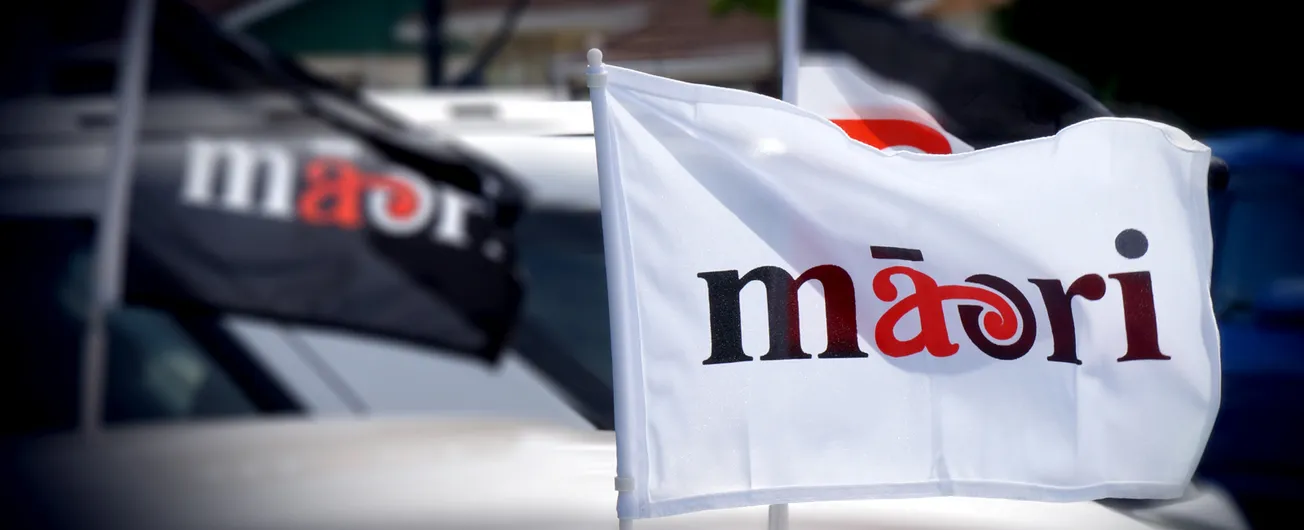Table of Contents
Lindsay Mitchell
Over the past week, New Zealand has seen the Maori Party forcefully assert that it is the true and authentic voice of Maori, and other parties equally strongly assert the Maori Party does not own Maori. Neither faction has provided factual evidence for their position although Shane Jones moved in that direction with an off–the–cuff remark about voting trends that was more anecdotal than objective.
Can voting in the 2023 election answer the question of who is the true and authentic voice of Maori? Beware the famous quote ‘Most people use statistics like a drunk man uses a lamppost; more for support than illumination.’
The Maori Party will doubtless claim that winning 6 of the 7 Maori electorates makes them the authentic voice.
But everyone knows not all Maori choose to vote in Maori electorates so winning them isn’t a reliable guide to the views of all Maori voters. We also know many Maori voters, for strategic reasons, give their candidate vote to one party and their party vote to another. For these reasons, the size of the party vote is a more important guide to who voters’ views align best with.
If one looks for illumination, the party vote in the Maori electorate tells a strikingly different story to the one the Maori Party promotes.
In each of the Maori electorates, the Maori Party failed to secure a majority of the party votes cast, ranging between 23% and 38%. By contrast, the Labour Party fared much better, even with its dismal overall showing, ranging from 37% to 56%. The Maori Party did not receive more party votes than Labour in a single Maori electorate.

What about the Maori Party’s performance in the general electorates? Before looking at the results it’s helpful to have an indication of how many Maori choose to enrol and vote in them:
• Statistics New Zealand estimated in June 2023 the number of Maori aged 18 and over was 583,600.
• At 1 October 2023, 515,597 Maori had enrolled to vote with 49 percent (253,232) on the general roll.
• 262,365 had enrolled on the Maori roll. (By 23 November 2023, the number had increased to 291,564.)
• In the Maori electorates the Maori Party received 58,237 party votes.
Support for the Maori Party in the general electorates is much lower. It only received 29,607 party votes across 65 general electorates. We don’t know how many of these votes were from Maori, but Shane Jones suggested at least some of them were from “hippies” so support for the Maori Party amongst enrolled Maori in general electorates can be no more than 11.7% and is probably less.
In conclusion, then voting statistics clearly show that of enrolled Maori (who may or may not have voted) no more than around 17% gave their party vote to the Maori Party. The share amongst those who actually voted will be slightly bigger, but people who don’t bother to vote clearly don’t want to express a preference for any party.
The Maori Party’s claim to speak for all Maori is pure rhetoric. They do not own Maori.
Voting statistics are drawn from https://electionresults.govt.nz/electionresults_2023/statistics/index.html accessed 10 December 2023
Statisics New Zealand’s Maori population estimate is drawn from https://infoshare.stats.govt.nz (Maori Ethnic Group Estimated Resident Population by Age and Sex (1991+) (Annual-Jun)) Accessed 9 December 2023









